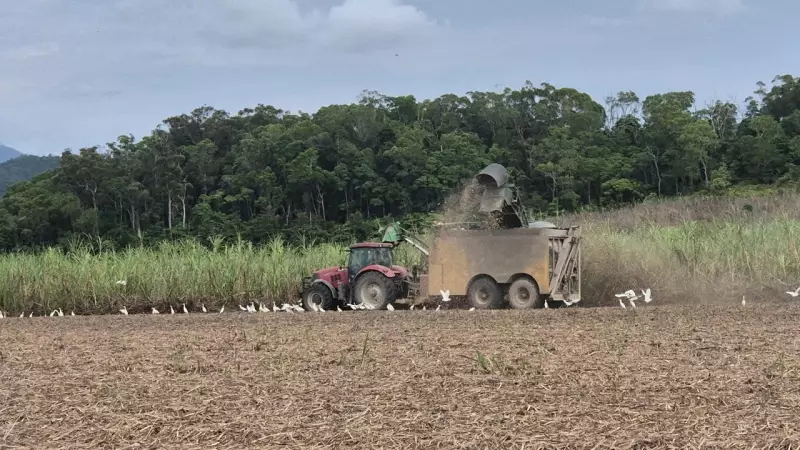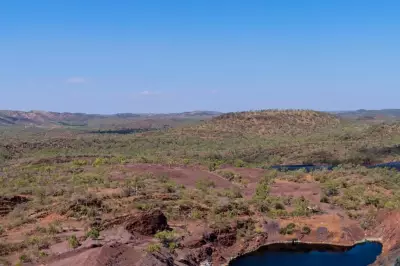
In the lush landscapes of Far North Queensland, a generation of cane farmers is writing a new chapter for regional agriculture. The closure of Mossman's historic sugar mill has prompted an extraordinary transformation, with growers embracing everything from tropical fruits to cattle and eco-tourism.
The End of an Era
For decades, the Mossman region's identity was intertwined with sugar production. The mill's closure in 2023 marked the conclusion of a 129-year legacy, leaving 85 growers facing an uncertain future. Yet rather than retreat, these resilient agriculturalists are pioneering innovative alternatives.
Diversification in Action
Local farmer Shane Wendt exemplifies this new spirit of adaptation. His family's 80-hectare property, once dedicated entirely to cane, now hosts multiple enterprises.
"We're running about 60 head of cattle and experimenting with different crops," Wendt explains. "The diversification has been challenging but rewarding."
Other growers are exploring:
- Tropical fruit production including bananas and papayas
- Aquaculture ventures in existing irrigation channels
- Agritourism experiences showcasing farming life
- Carbon farming and environmental services
Community Support and Challenges
The transition hasn't been without hurdles. Farmers face significant costs converting land and developing new markets. However, strong community networks and government support programs are helping ease the burden.
"It's about more than just farming—it's about preserving our community's future," notes local agricultural consultant Maria Johnson. "These farmers aren't just growing new crops; they're growing new opportunities for the entire region."
A Sweet Future Beyond Sugar
While the sugar era has ended, the agricultural expertise developed over generations remains. Farmers are applying their deep knowledge of the region's rich soils and tropical climate to new ventures, creating a more resilient and diverse agricultural sector.
The Mossman story demonstrates how regional communities can transform challenge into opportunity, ensuring farming remains at the heart of Far North Queensland's identity for generations to come.






